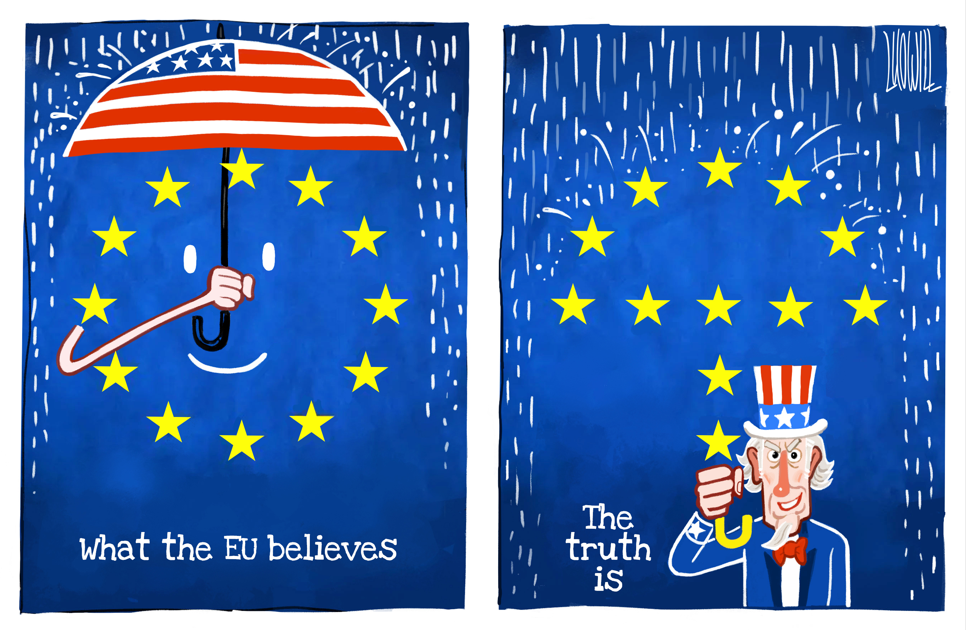
Stephen Holmes, Professor at New York University School of Law, Berlin Prize Fellow at American Academy in Berlin
Feb 05, 2026
By threatening to seize Greenland by force, US President Donald Trump has exposed the childlike illusions of his European admirers. Having spent years cultivating their bromances with him, the continent’s right-wing populists – the United Kingdom’s Nigel Farage, Jordan Bardella in France, Alice Weidel in Germany, Italy’s Matteo Salvini, Robert Fico in Slovakia, Hungary’s Viktor Orbán, and Mateusz Morawiecki in Poland – imagined themselves fellow travelers in a revolt against liberal internationalism. Now their idol and patron has been threatening to swallow whole or in part (if the supposed “deal” he has announced comes about) the sovereign territory of a European ally.
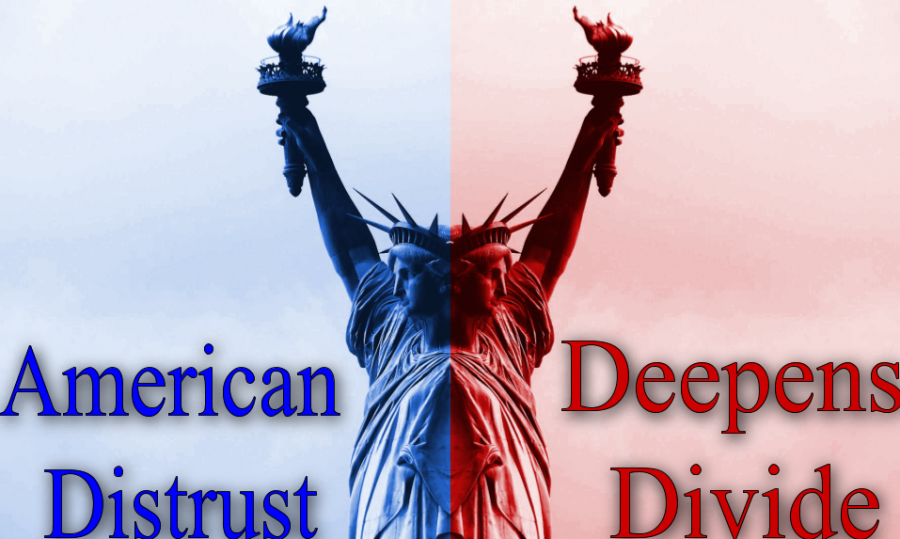
Li Yan, Director of President's Office, China Institutes of Contemporary International Relations
Feb 05, 2026
Partisan polarization, electoral pressures and factional strife function together, driving Trump to take a tough stance abroad as his main tool in his political gamesmanship.
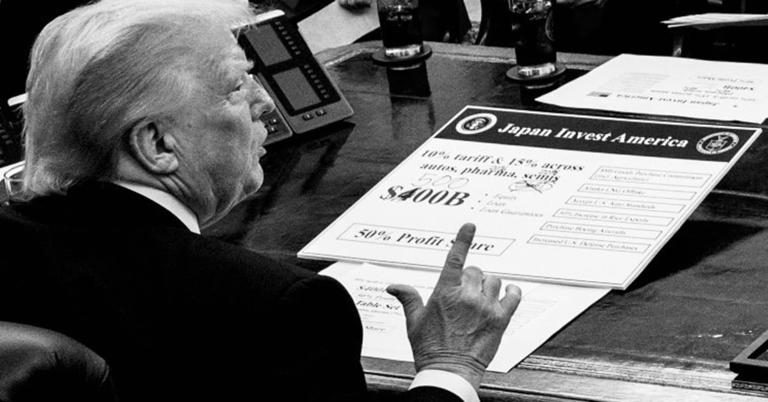
Ghulam Ali, PhD, Monash University, Australia
Jan 30, 2026
By January 2026, the first year of the second four-year—and constitutionally final—term of U.S. President Donald Trump was complete. This initial quarter of his tenure has jolted the world, unnerving the global community on economic, trade, and security matters while weakening the post-war international order. The resulting shocks reverberate across the international system, amplified by the scale of U.S. power and global entanglement. This disruption is unfolding in real time.
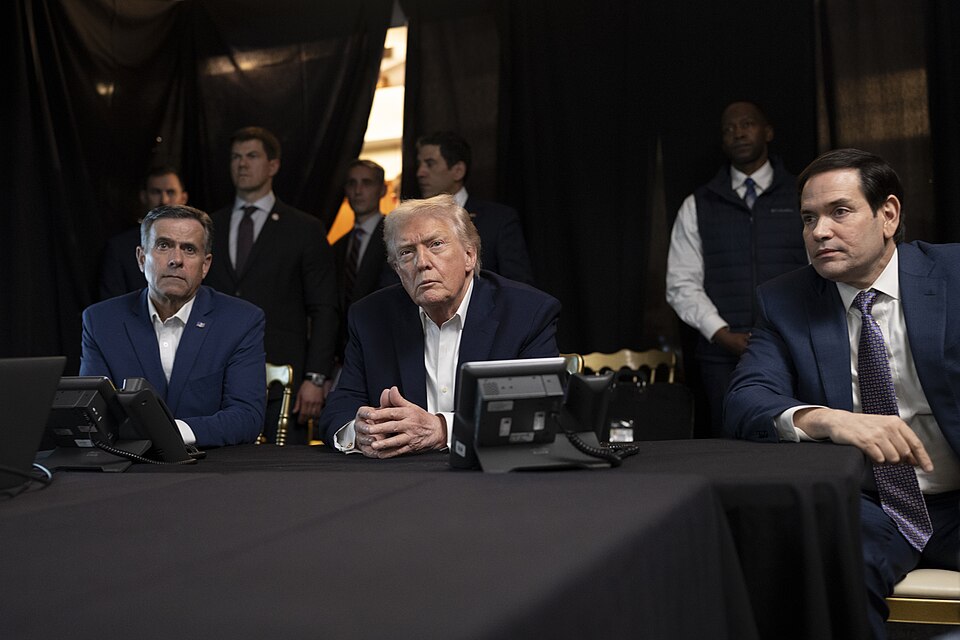
Lucio Blanco Pitlo III, President of Philippine Association for Chinese Studies, and Research Fellow at Asia-Pacific Pathways to Progress Foundation
Jan 16, 2026
The U.S. operation to capture Venezuelan President Nicolás Maduro demonstrates Washington’s military power and intent to counter rival influence, particularly China, in the Western Hemisphere, but it violates international law and risks destabilizing the region. Such interventions often produce unintended consequences, embolden other powers to challenge norms, and expose smaller states to coercion, highlighting the dangers of unilateral actions under the guise of national or hemispheric security.
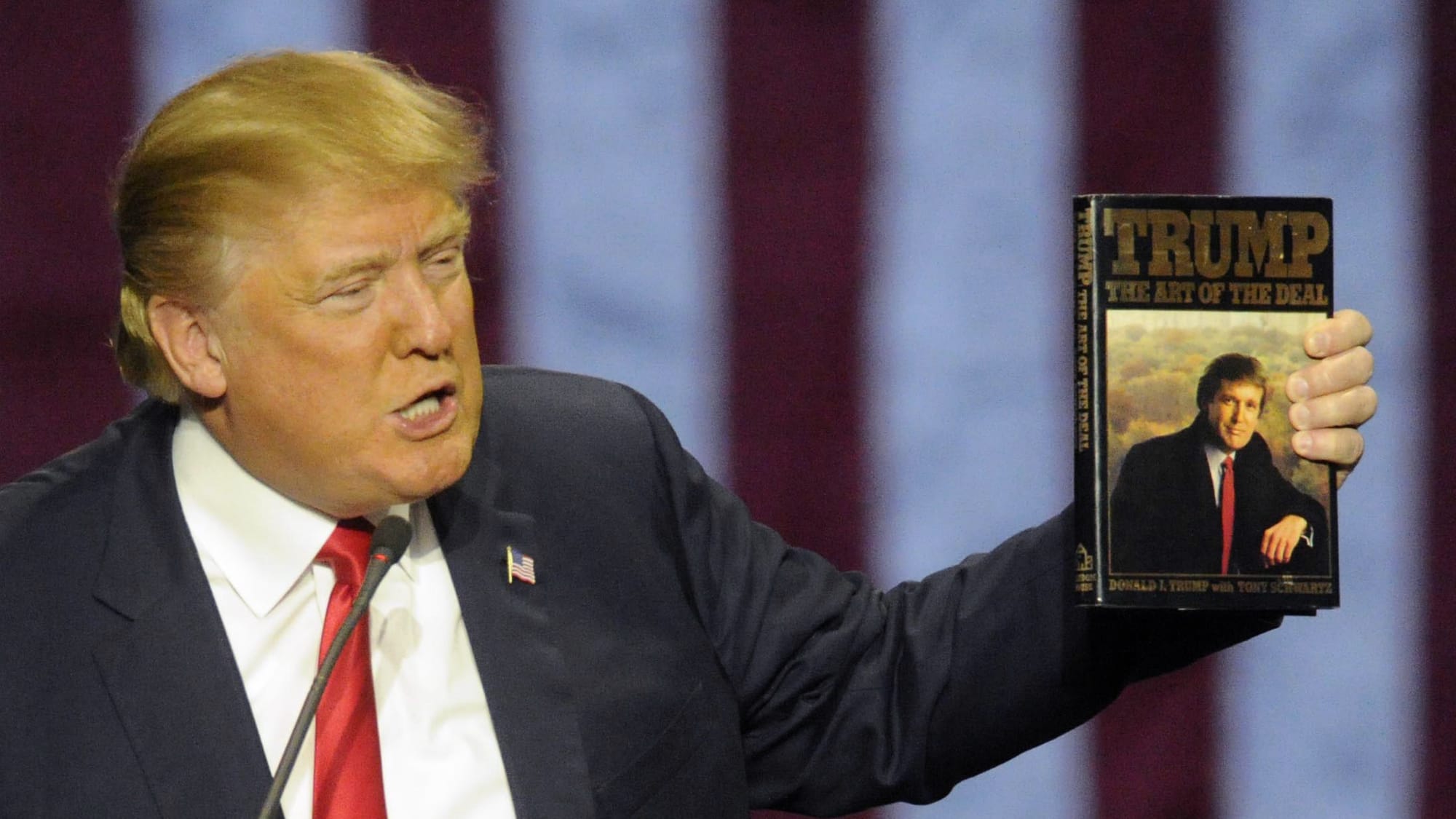
Sebastian Contin Trillo-Figueroa, Geopolitics Analyst in EU-Asia Relations and AsiaGlobal Fellow, The University of Hong Kong
Jan 13, 2026
The Trump administration has merged state authority with private interests, treating political power as a monetizable platform rather than a system of public governance. From Beijing’s perspective, this validates China’s pragmatic approach to legitimacy and positions the U.S. as a conglomerate of private interests rather than a traditional state.
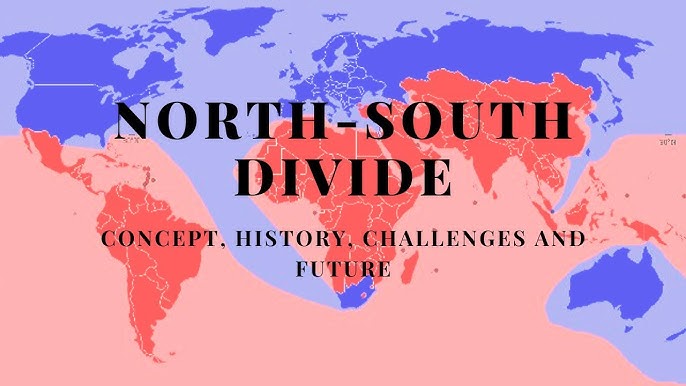
Wang Lei, Assistant Research Fellow, Institute of World Political Studies, CICIR
Jan 07, 2026
Even among America’s allies in the West there is a growing willingness to resist unrestrained U.S. unilateralism. The U.S. must establish a new equilibrium between its traditional isolationist orientation and its commitment to global engagement.
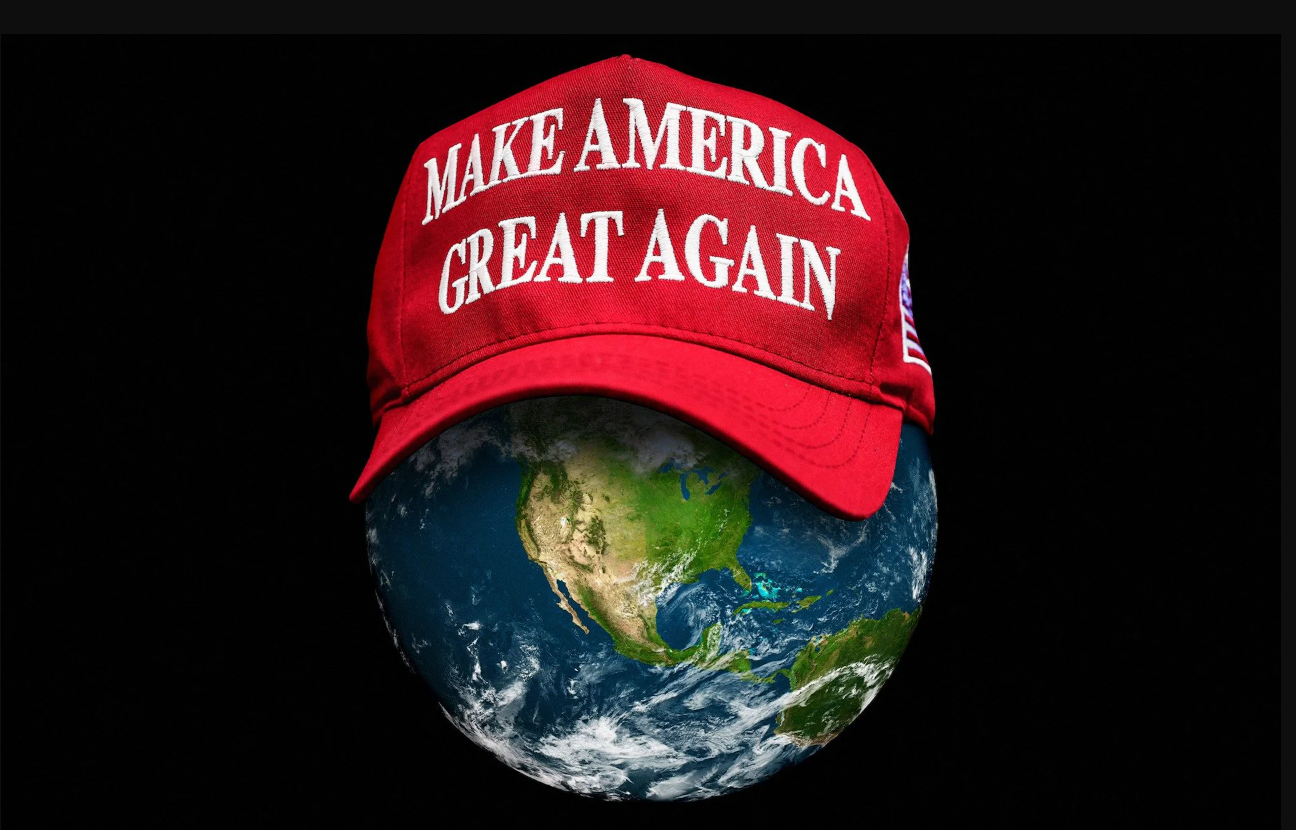
Zhang Zhixin, Research Professor of Institute of American Studies, CICIR
Jan 05, 2026
Donald Trump’s foreign policy is either following a disruptive logic to reshape the global power landscape, or it is merely a series of impulsive actions that undermine the foundation of American diplomacy carefully constructed through the postwar decades.
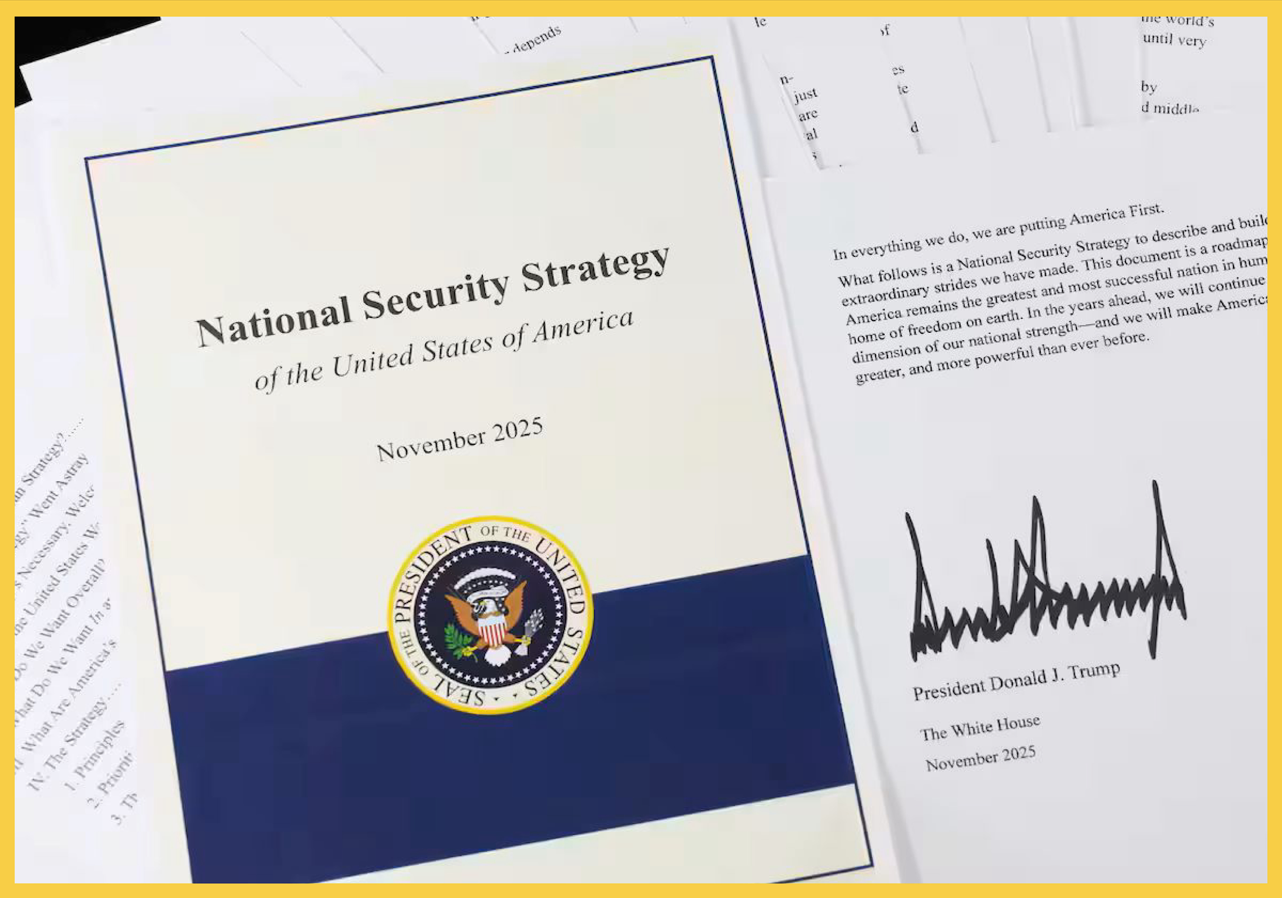
Diao Daming, Professor at School of International Studies and Deputy Director of Center for American Studies, Renmin University
Dec 19, 2025
The new White House National Security Strategy provides a critical window for understanding America’s view of the roles of major powers and the international order. But Donald Trump’s brash and unpredictable personal characteristics are a wild card that will keep the world in suspense.
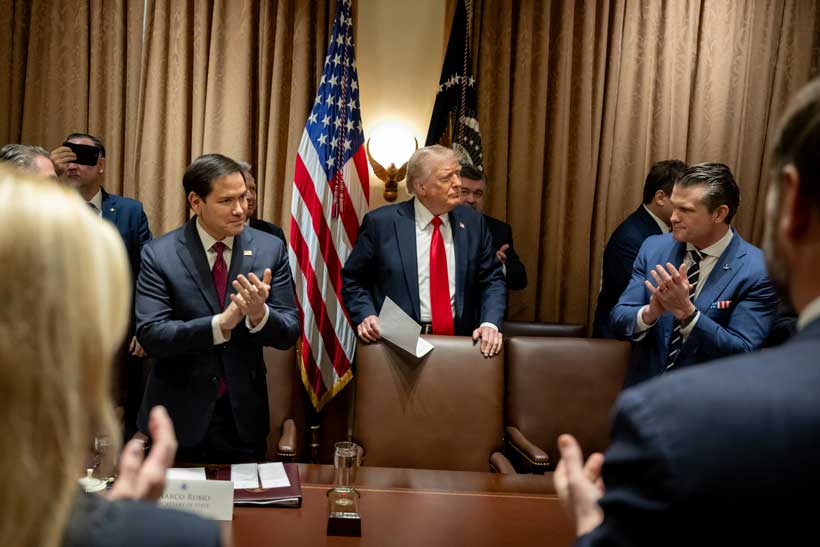
Stephen Holmes, Professor at New York University School of Law, Berlin Prize Fellow at American Academy in Berlin
Dec 10, 2025
The new US National Security Strategy is not, in any meaningful sense, a strategy. A strategy connects means to achievable ends. What President Donald Trump’s White House published last week is something else: a 33-page confession that this administration does not believe in the future – and therefore sees no point in investing in it.

Dan Steinbock, Founder, Difference Group
Dec 10, 2025
Last week, the Trump administration released its new national security strategy. It was quickly condemned by the neoconservatives — perhaps because it is more realistic about multipolarity.
Back to Top

- China-US Focus builds trust and understanding between the U.S. and China through open dialogue among thought leaders.
- Our Offerings
- Topics
- Videos
- Podcasts
- Columnists
- Research Reports
- Focus Digest
- Stay Connected
-
Thanks for signing up!
- Get the latest stories from China-US Focus weekly.